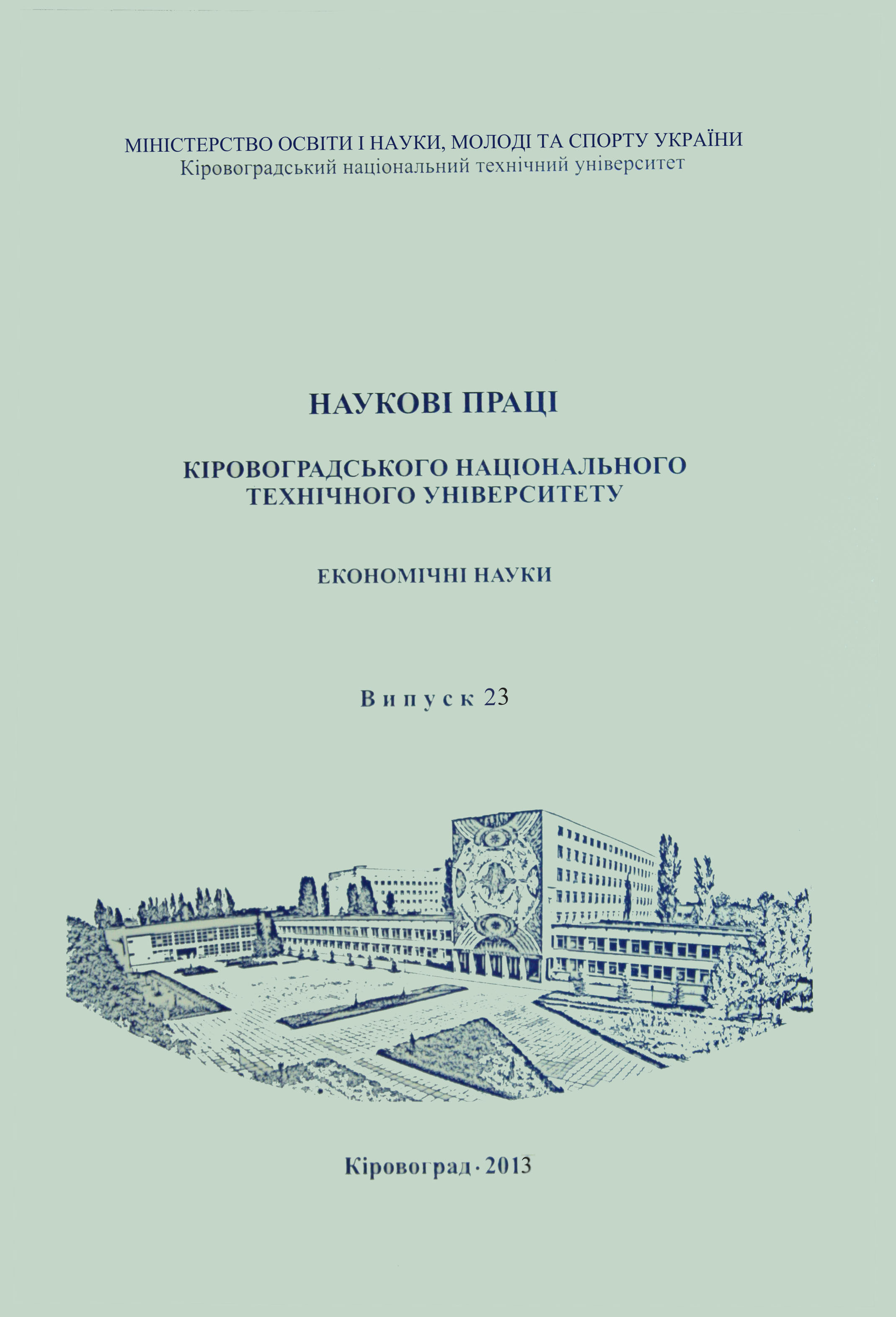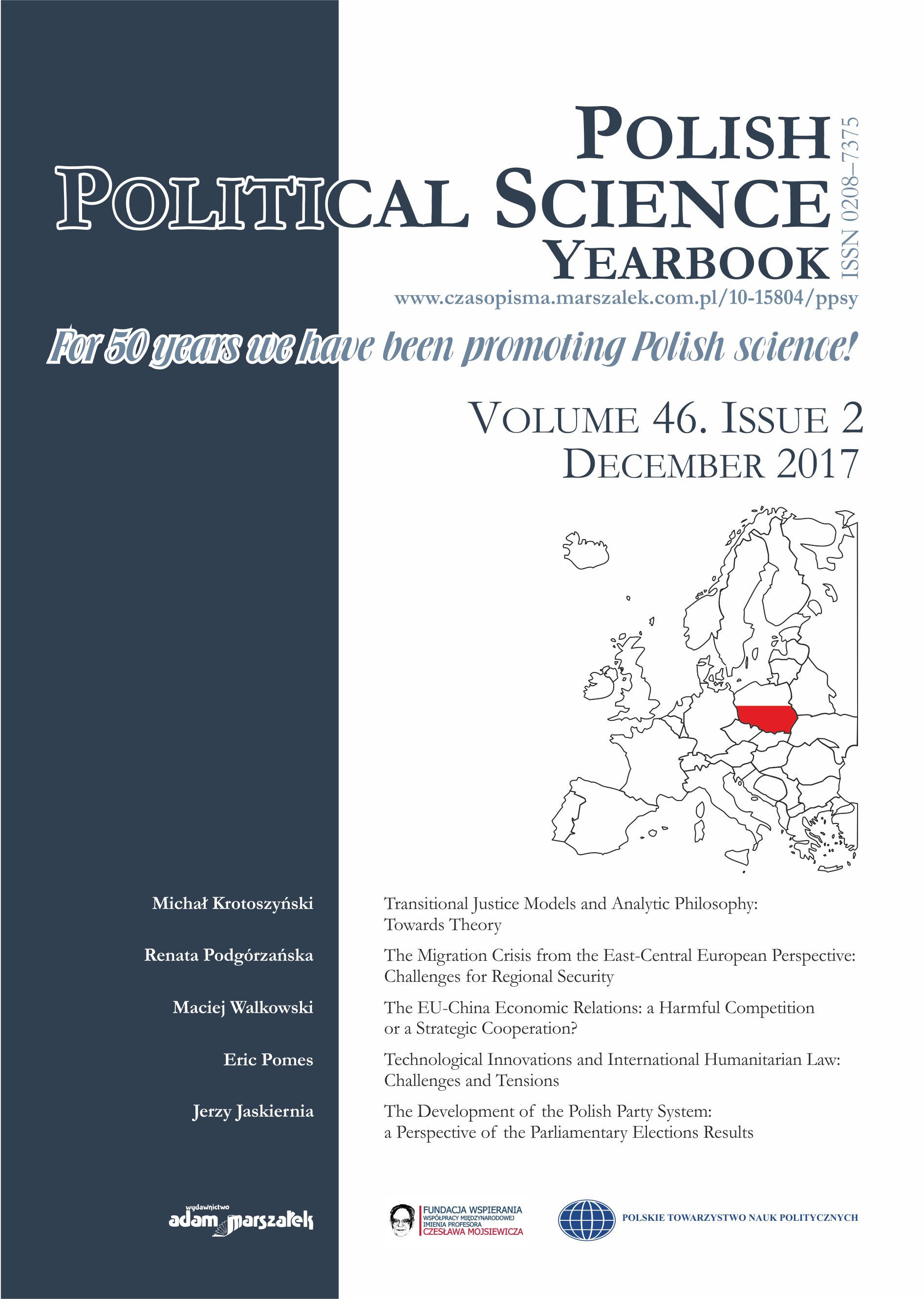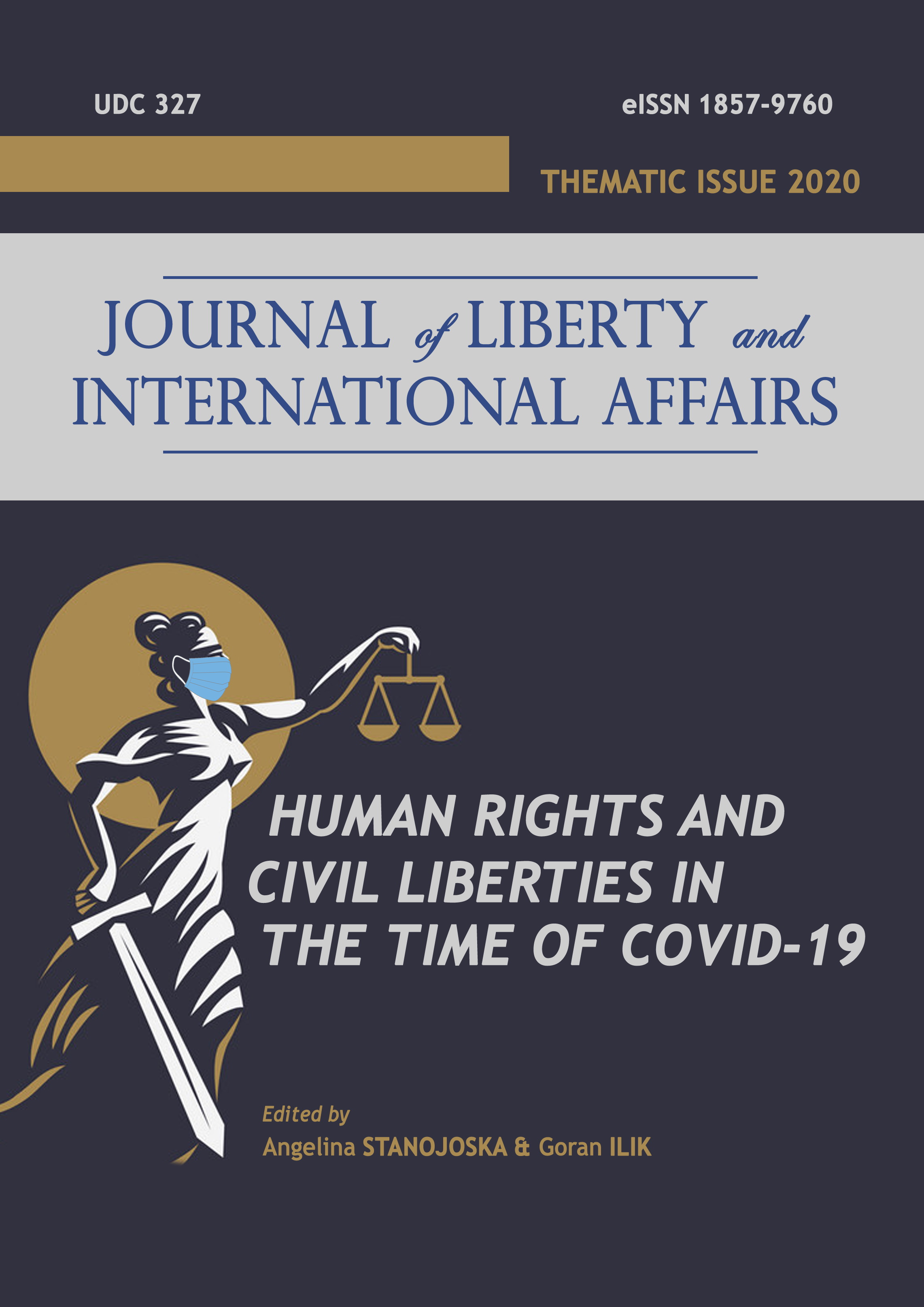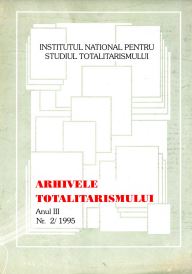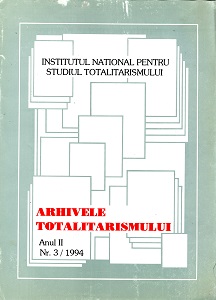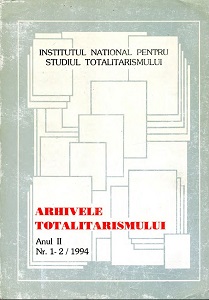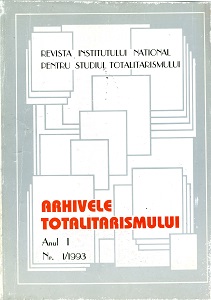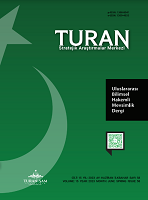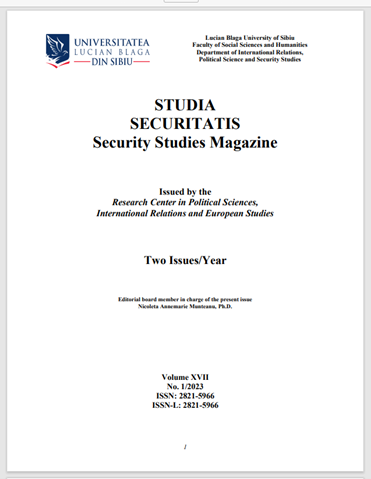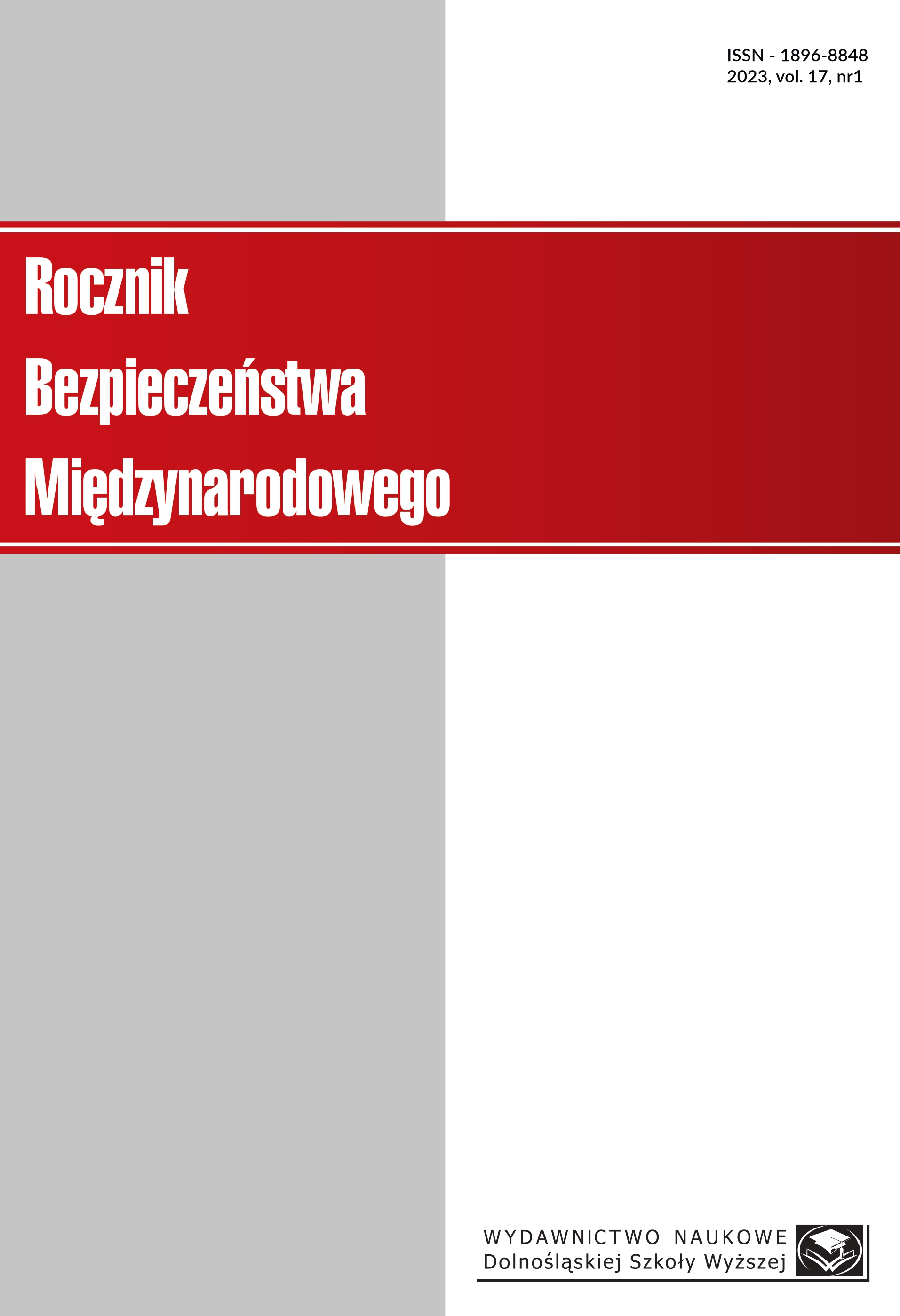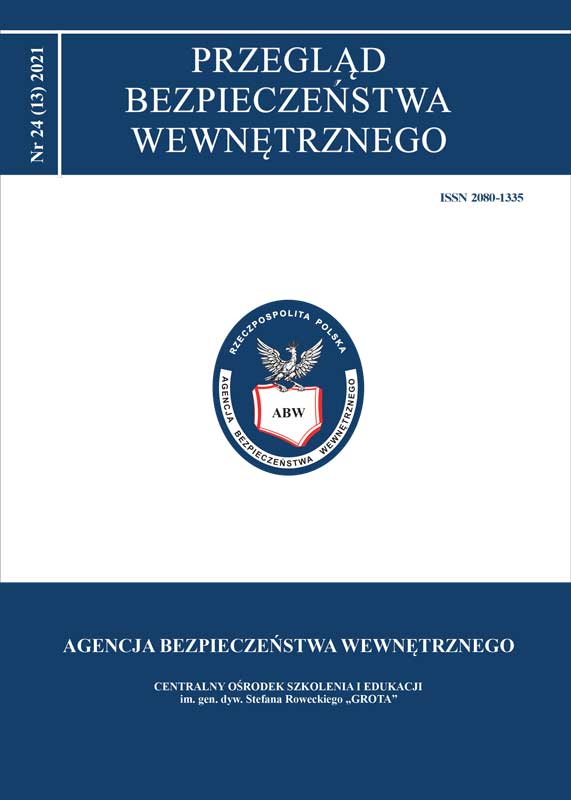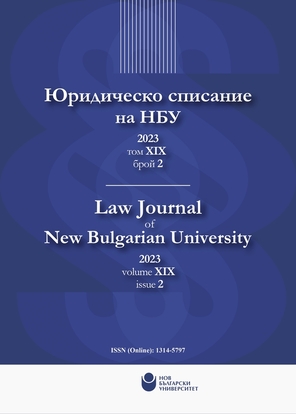Author(s): Tatiana Niculescu,Florin Müller,Radu Ciuceanu,Horia Nestorescu-Bălcești / Language(s): Romanian
Issue: 1-2/1994
Reviews of:
1. Osip Mandelstam, Tristia, traducere de Puiu Brăileanu și Valeriu Bucuroiu, prefață, note și tabel cronologic de Valeriu Bucuroiu, Editura Libra, București, 1994.
2. Nistor Chioreanu, Morminte vii, ediție îngrijită, prefațată, note și indice de Marius Cristian, Editura Institutului European pentru Cooperare CulturalȘtiințifică, Iași, 1992.
3. Ovidiu Guleș, Cum am cunoscut LegiuneaArhanghelului Mihail, Editura Gordian, Timișoara, 1992.
4. Atentatele de la Jilava... Snagov și Strejnicul, 26-27 noiembrie 1940, ediția a Il-a coordonată de Stelian Nea goe, Editura Scripta București, 1992.
5. Pe marginea prăpastiei (21 - 23 ianuarie 1941), Editura Scripta, București, voi.1-11,1992.
6. Ana-Maria Marin, Prin poarta cea strâmtă, Editura Gordian, Timișoara, 1993.
7. Ion Moța, Testamentul lui Ion Moța, Colecția "Documente istorice sechestrate", Editura Gordian, Timișoara, 1993.
8. Comeliu Zelea-Codreanu, Pentru legionari, Editura Gordian, Timișoara, 1993, vol.I.
9. Ștefan Palaghițâ, Garda de Fier spre reînvierea României, volum alcătuit și îngrijit de Alexandru V.Diță, prefață de Dan Zamfîrescu, Editura Roza Vânturilor, București, 1993.
10. Ion Gavrilâ Ogoranu, Braziise frâng, dar nu se îndoiesc. Din rezistența anticomunistă în Munții Făgăraș, Editura Marineasa, Timișoara, 1993.
11. Michele Rallo, România în perioada revoluțiilor naționale din Europa, 1919-1945), Editura SeMpre, București 1993.
12. Nae Tudorică, Mărturisiri în duhul adevărului. Mișcarea Legionară și Căpitanul, așa cum aufost. Editura Plumb, Bacău, 1993.
13. Francisco Veiga, Istoria Gărzii de Fier 1919-1941, Mistica ultranaționalismului, traducere de Marian Ștefănescu, EdituraHumanitas, București, 1993.
14. Filon Verca, Parașutați în România vândută, Editura Gordian, Timișoara,1993.
15. Din luptele tineretului român, 1919-1939, responsabil Duliu Sfînțescu, Editura Fundației Buna Vestire, 1993.
16. Ion Antonescu, Românii. Originea, trecutul, sacrificiile și drepturile lor, ediție îngrijită de maior Ilie Schipor, Editura Clio, București, 1990.
17. Gheorghe Buzatu, Istorie interzisă Mărturii și documente despre mareșalii României: Alexandru Averescu, Constantin Prezan, Ion Antonescu, Editura Curierul Doljean, Craiova, 1990.
18. Gheorghe Buzatu, MareșalulAntonescu în fața istoriei, ediție în colaborare cu Stela Cheptea, V.Fl.Dobrinescu, I.Saizu, Voll - II, Iași 1990.
19. Antonescu - Hitler. Corespondență și întâlniri inedite (1940-1944), ediție de Vasile Arimia, Ion Ardeleanu, Ștefan Lache, coordonator științific dr.Florin Constantiniu, Editura Cozia, București, 1991.
20. George Magherescu, Adevărul despre MareșalulAntonescu, Editura Păunescu, București, 1991, vol.I-III.
21. General-locotenent (r) Ion Șuța, România la cumpăna istoriei. August '44, Editura Științifică, București, 1991.
22. Gheorghe Barbul, Memorial Antonescu. Al treilea om al Axei, ediție și studiu introductiv de Valeriu Florin Dobrinescu, traducere și note de Sanda-Maria Ardeleanu și Mihail-Constantin Ardeleanu, Institu¬ \J tul European, Iași, 1992.
23. MareșalulIon Antonescu. Secretele guvernării. Rezoluții ale Conducătorului Statului (septembrie 1940 - august 1944) , cuvânt înainte, selecție, note și indici de Vasile Arimia și Ion Ardeleanu, Editura Românul, București, 1992.
24. C.I.C. Brătianu, CarolII, Ion Antonescu. Amintiri. Documente. Corespondență, Cuvânt înainte, note, îngijire de ediție și indici de Ion Ardeleanu , Editura Forum S.R.L., București, 1992.
25. General-maior Mircea Agapie, cpt. R. 1 dr. Jipa Rotaru, Ion Antonescu. Cariera militară (Scrisori inedite). Editura Academiei de înalte Studii Militare, București, 1993.
26. MareșalIon Antonescu. Epistolarul Infernului. Avertisment, note și indice de nume de Mihai Pelin, Editura Viitorul Românesc, 1993.
27. Mareșal Ion Antonescu, Istoria mă vajudeca. Scrieri inedite, studiu introductiv de generalmaior Mircea Agapie, documente selectate și pregătite pentru tipar de maior Constantin Hlihor. Editura Academiei de înalte Studii . Militare, București, 1993.
28. loan Dan, "Procesul" Mareșalului Ion Antonescu. Editura Tempus, București, 1993.
29. Dr. Jipa Rotaru, Leonida Moise, Neculai Moghior, Al treilea mareșal alRomâniei. Ion Antonescu. începutul carierei militare (1882-1919), Editura Metropol, București, 1993.
30. Iuliu Maniu - Ion Antonescu. Opinii și confruntări politice. 1940-1944, Cuvânt înainte, îngrijire de ediție, note și comentarii de Ion Calafeteanu. Editura Dacia, Cluj-Napoca, 1994.
31. Nicolae Baciu, Agonia României. 1944-1948. Dosarele secrete acuză. Editura Dacia, Cluj - Napoca, 1990.
32. Victor Frunză, Cât mai poate trăi un cadravru politic. Texte din exil. Editura Victor Frunză, București, 1990.
33. Vlad Georgescu, Politică și istorie. Cazul comuniștilor români. 1944-1947. Ediție de Radu Popa. Editura Humanitas, București, 1991.
34. G-ral lt. Ion Suceavă, în numele adevărului.Memorii, Editura Venus, București, 1991.
35. Mihai Botez, Românii despre ei înșiși. O cercetare de comunismologie prospectivă. Editura Litera, București, 1992.
36. Nicoleta Franck, O înfrângere în victorie. Cum a devenit România, din Regat, Republică Populară (1944-1947), postfață de Dinu C.Giurescu. Editura Humanitas, București, 1992.
37. Gh. Ionescu Olbojan, Fantomele lui Pacepa, Editura Corida, București, 1993.
38. Ion Mihai Pacepa, Moștenirea Kremlinului. Rolulspionajului în sistemul comunist de guvernare. Editura Venus, București, 1993.
39. Emil Bărbulescu, Nicolae Ceaușescu afost unchiul meu. Editura "Datina", f.l., f.a.
More...


